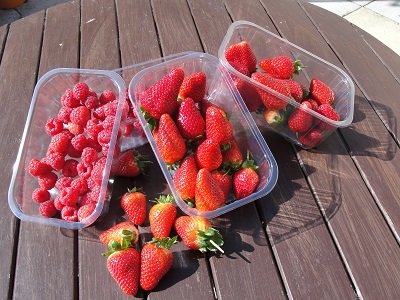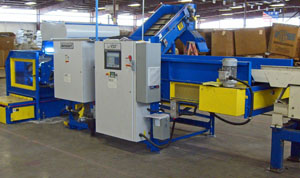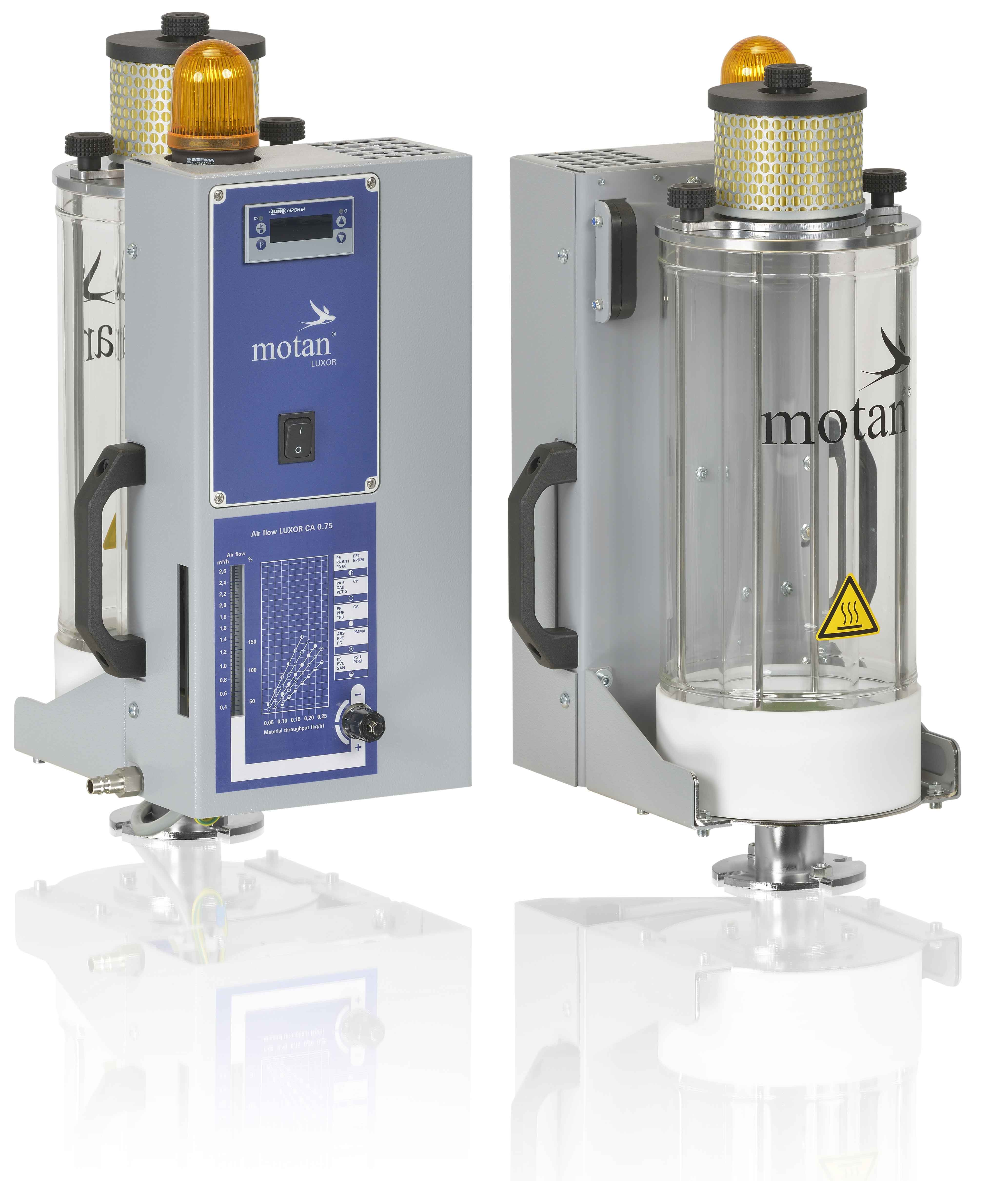Two leaders in the development of sustainable polymers are extending research into a new generation of engineering plastics made from renewable resources.
The research mates Ingeo polylactic acid from NatureWorks of Minnetonka, MN, with furanic chemicals developed by Avantium of Amsterdam, The Netherlands.
Engineering Applications Are Bioplastics’ Holy Grail”One of the current applications of Ingeo PLA plastics is the Bioserie cover for iPhones. A partnership with Avantium could extend use of bioplastics to more demanding applications. Source: NatureWorks”
“We find the material intriguing with a host of potential market applications,” says Steve Davies, director of corporate communications and public affairs at NatureWorks. “Before we can make a solid assessment, more research on a larger scale needs to be conducted. The research and development project continues.”
From a chemist’s perspective, furanics are a family of aromatic unsaturated polyesters, while polylactide is an aliphatic polyester. Davies says they would complement each other in how they offer alternatives to traditional petroleum-based polymers.
Furanics are chemicals that are formed when you take carbohydrates and remove the water. Avantium says it has developed a patented chemical catalytic process technology to convert biomass directly into furanics.
In comparison to biological production technology, such as fermentation widely used to make bioplastics, Avantium’s catalytic process has these benefits:
Speed. Chemical conversion takes seconds to minutes, while fermentation takes several days.
Adaptability. The catalytic process can be run using existing chemical industry infrastructure.
Costs. A typical catalyst used in a chemical process costs less than 1 cent per gallon of end product. Enzymes used in fermentation processes are typically 6 to 65 cents per gallon of end product, according to Avantium.
Avantium partnered with NatureWorks to develop commercial plastics for its technology. But it looks like a long road. There are no plans at the moment to develop production facilities even though the partnership is now a year old.
“It is simply too early, and like any new-to-the-world material, much needs to be learned about it first,” Davies says. “Commercial production would require both a new monomer production process and an understanding of the most desirable compositions … If we had to estimate a time for commercialization, our best estimate would be that commercial samples may be available in several years.”
Potential markets are personal electronics, automotive, fibers and various engineering plastics applications.
Avantium, which calls its process YXY, was founded in 2000 by Royal Dutch Shell, Eastman Chemical, Akzo-Nobel and Pfizer to develop catalysts for chemical and refinery applications.
NatureWorks was launched in 1997 as a Cargill research project looking for uses of plant carbohydrates as plastics’ raw materials. NatureWorks LLC is now an independent company owned by Cargill and is one of the world’s largest producers of bioplastics.
Source : www.designnews.com






